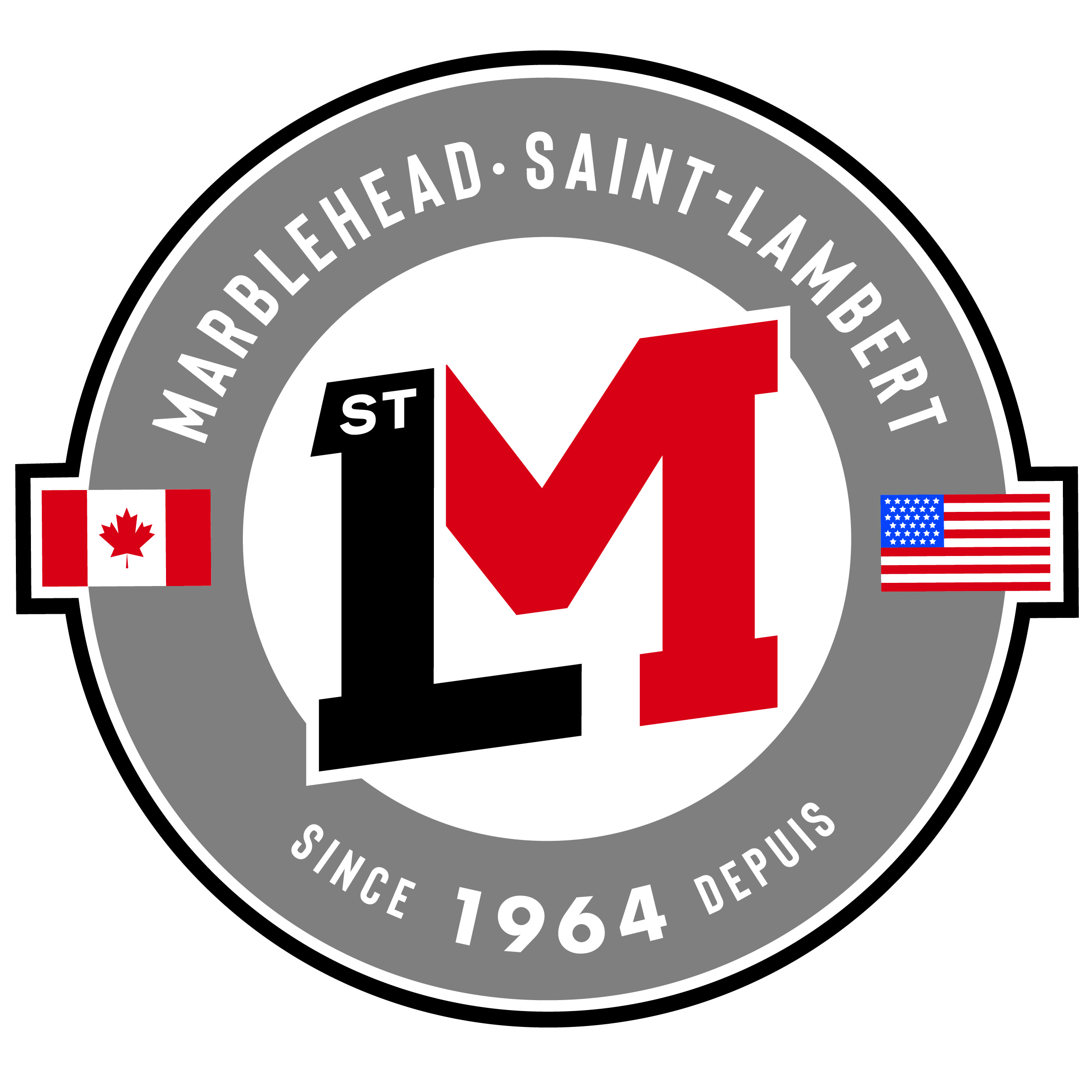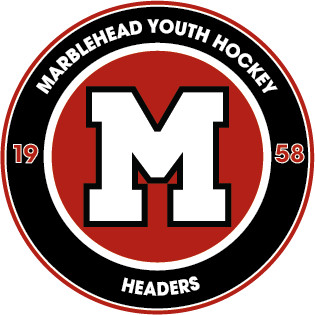
Celebrating our players who will be moving on in 2021.
It is with great pride that the Marblehead and Saint Lambert communities offer our heartfelt congratulations to all of you who would be celebrating the last year of your participation in the exchange.
Thank you for being a part of our great tradition!
Alex Coate
Ben Wales
Eliza Payne
Hogan Sedky
Jacob Hershfield
Kyle Hart
Luke Kelly
Madden McGowan
Marty Ryan
Matthew Messina
Max Trudel
Miles Flynn
Neely Payne
Sean Dolan
Trevor Payne
Mathieu Alie
Antoine Beaumier
Guillaume Demers
Théo Desjardins
Victor Desmarais
Elliot Fauchon-Roy
Zachary Hachey
Justin Hansen-Léveillé
Nathaniel Houle
Christopher Laberge
Walter Mageau
Felix Perras
Maxime Tremblay
Olivier Villeneuve
Ryan Roshan Fekr
Louis-Zachary Laferrière
Marblehead - St-Lambert Hockey Exchange 2020-2021
56th edition
Traditions will survive and endure...
This year was going to mark the 56th consecutive year that teams in Marblehead, Massachusetts, and Saint-Lambert, Canada, got together to participate in the oldest youth hockey cultural exchange in North America. If time is the most precious resource, there is no better way to spend it than surrounded by friends and family and doing something you love. For hockey families in Marblehead and Saint-Lambert, these exchange weekends are the epitome of time well spent. 2020 was different though. The US-Canada border has been closed to land travel for months and with social distancing still in full effect, canceling the exchange was the right thing to do, another loss in a year when so many have lost so much already. In this case, history may provide some hope that despite the gravity of our current situation, there will be a “new normal” and good times will return.
The Stanley Cup is one of the oldest trophies in professional sports. With two exceptions, for 127 years, the trophy has been awarded to the hockey team who could win it all at the end of each season. The story behind the first time no Cup winner was declared is tragically notable... and eerily familiar. In early 1918, isolated outbreaks of a new type of severe influenza were reported in Kansas. Troop movements during World War I facilitated the spread of this new virus all around the world. In the ensuing months, countless would perish in what is now remembered as the Spanish Flu pandemic.
Recovering from a World War and being in the midst of a global pandemic, one can appreciate the public’s thirst for distractions and entertainment. The NHL thus started its second season in late December of that year. The Montreal Canadiens finished first and would travel west to face the Seattle Metropolitans in a best out of five championship series. Odd playoff games were to be played according to west coast rules, with seven players on the ice and forward passes being allowed, a game favoring speed. Even games were to be played according to east coast rule, with six on the ice and no forward passes, a game favoring individual skills. Seattle took an early 2 to 1 lead in the series. Game 4, said to be one of the greatest games ever played, ended in a 0-0 tie after two overtime periods. In game 5, played again according to eastern rules, Montreal rallied in the third period to come back from a 3-0 deficit and win in overtime. The injury report in the newspapers the next day mentioned sprains, cuts, and high fevers. Players on both teams had contracted the flu. Montreal, hit hardest and unable to pull together enough players tried to forfeit the series. Seattle’s head coach declined, hoping to earn a championship win on the ice. In the ensuing days, while most of the affected players recovered, the 37- year-old Montreal defenseman, Joe Hall, succumbed to complications from the disease. The playoffs were cancelled and the Cup was not awarded.
Many hockey legends, like George Vezina and Frank Calder survived that tragic winter. Through passion and dedication, they would help to grow the NHL and the reach of the sport. Generation after generation, young and old alike, would become captivated by its unique setting on ice, its pace, and the physicality and agility of its players. This would fuel growth in countless youth hockey programs to grow a talent pool that sustains the exciting level of play seen in today’s league.
The Marblehead-Saint-Lambert hockey exchange has its own decades-old origin story. Donald “Bud” Orne, one of the game’s many early enthusiasts and visionaries, created the Marblehead Youth Hockey Association in 1958 to make hockey available to all young athletes who wanted to try the sport. A few years after creating this new town athletic program, he and Bill Haskell, another youth hockey coach, came up with the idea of bringing hockey players from Marblehead to compete against a team in the Montreal area, where Bill frequently traveled to purchase lumber for his company. Around the same time Eric Sharp, the soon-to-be mayor of Saint-Lambert, a small community on the shore of Montreal, had inherited a brand new hockey arena with plenty of ice time available. Fortune would connect these three men together and in the winter of 1964, Eric drove teams to Marblehead to play games there. A few months later, Bud Orne traveled to Saint-Lambert to do the same. What started as a simple series of competitive games at home or away quickly evolved to a cultural exchange, allowing players and their families to mingle, grow together, build friendships, travel a bit, learn a new language, compete through games and skill competitions, exchange jerseys to play with buddies, watch coaches play together, and create lasting memories on and off the ice. For 55 uninterrupted years, this tradition has been held twice annually, with November seeing the Saint-Lambert teams travel south for a busy weekend of hockey and social events, while the Marblehead teams visited their Canadian host families and repeated the experience north of the border every February. And during every exchange weekend, the Kasper trophy, named after the Saint-Lambert native Steve Kasper, a retired NHL player and assistant coach, has been awarded to the winners of the friendly skills competition. Like the Stanley Cup in 1918-1919 though, there will be no winner of the Kasper trophy.
Thirty years after the ill-fated season of 1918-1919, the Stanley Cup was redesigned and an inscription commemorating the 1919 series was added onto the trophy, a reminder that traditions fueled by passion endure through tough times. Therefore, this year, we hold on to cherished memories of the past Marblehead Saint-Lambert exchanges. We will connect with our friends from across the borders virtually and do what we must to keep each other safe. As we look to the future with hope and confidence, we know that this year’s canceled exchange, like the 1919 NHL season, will be nothing but an anomaly in an otherwise rich, long and storied history. We look forward to being together again, and for now, thank each of you for your participation in our tradition, one that will endure the test of our time.
